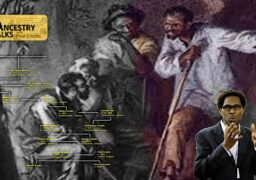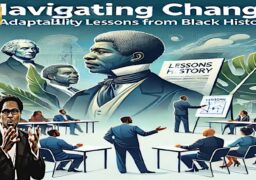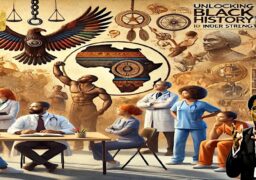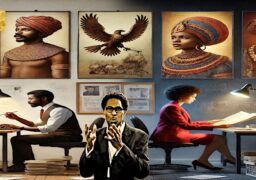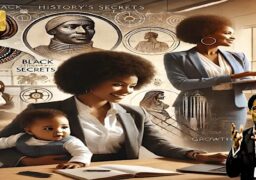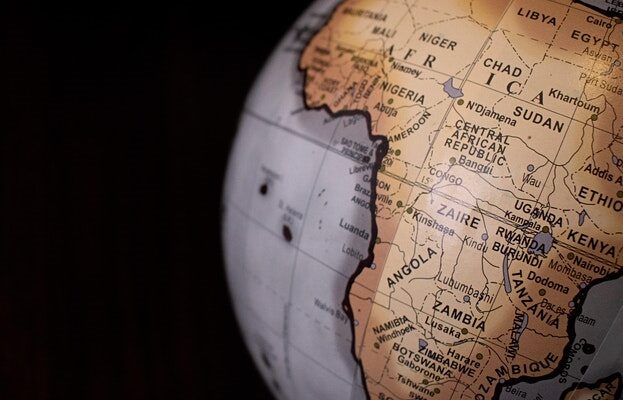
Keynote presents improving & delivering relevant education online in Africa to meet individuals’ needs & enhance sustainability & wellbeing.
SPEAKERS
James Uhomoibhi CPhys FBCS MInstP CITP, Chair of the E-Learning Specialist Group.
AGENDA
18.00 Start of presentation
19.00 Estimated start of the BCS e-Learning SG AGM
20:00 Estimated Finish
SYNOPSIS
The 21st century has seen all communities everywhere faced with challenges, which to a large extent need to be addressed through education that is relevant to the life and wellbeing of the people. The COVID-19 pandemic has drawn no distinction between advanced and developing countries. It has reduced everyone to the same fundamental level of value and care for life as individuals living in communities. This keynote touches on ways of improving and delivering education that is relevant to the people and the continent for sustainable development and wellbeing.
It is established that education is the key to success for individual and communities anywhere. In the current situation of COVID-19 pandemic, education remains important for sustaining physical health and mental wellbeing people and economic growth of society. With the ever growing digital divide, the questions remain, is the education curriculum in Africa relevant? What role is e-learning and how ready are the key players for implementing changes?
Decolonising the curriculum is a movement that started some twenty years ago aimed at ensuring the knowledge and practices of indigenous people were represented in education curricula of post-colonial countries. In recent times this has been reignited by students in South Africa and also in the UL championed by National Union of students demanding the placement of indigenous knowledge on equal footing with curriculum from outside. Decolonising the curriculum provides all subjects opportunities to reconsider teaching matter. This includes who is teaching, what the subject matter is that is being taught and how it’s being taught.
This presentation explores the origin and meaning of decolonizing the curriculum considering issues of diversification and inclusion. we report on technology in education curriculum decolonization and the possibilities going forward. Africa is resource rich but has been assessed to be the poorest continent in the world. Access to and the use of education via e-learning as a tool remains vital for rebooting development and growth of communities with a view to promoting knowledge acquisition and economic growth. We report on the philosophy, structure and mode of delivery of education in Africa. We touch on the influence of culture, history and role of e-learning in ensuring transition from being closed to being an open society and also in facilitating access-on-the-move to people and resources outside Africa.
In the light of the recently launched United Nations Sustainable Development Goals, we examine issues of sustainability and rebooting the future. This presentation concludes that the provision of relevant and decolonized curriculum requires radical change. There remains critical questions to be answered and key factors to be considered if it is to be delivered successfully. Online mode of education, otherwise referred to as E-Learning has and continues to be an important vehicle and a tool that has potential to create the necessary change to achieve success. This does however require all sectors and practitioners both inside and outside Africa to work together at all levels.

